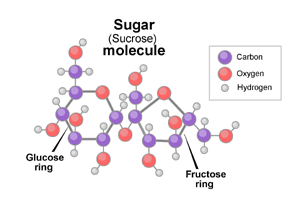One of the major appeals of recipes like those for SP and DB is that they get you a decent tasting 'social wine' very quickly. This is due largely to the use of invert sugar at the beginning of the recipes. This , combined with keeping the must warm, allows the yeast to consume the available sugars at an incredible rate, causing them to ferment out dry very quickly. This I believe it's the primary benefit of using invert sugar, it accelerates the primary fermentation time. Also, since the tongue perceives invert sugar as being sweeter that table sugar, back sweetening with invert sugar should help ensure that your wine doesn't end up sweeter than you intended as it ages (if, as suggested, sucrose breaks down into glucose and fructose in high acid wines over time).
I'm a newbie here, so I may be off base, but that seems to make sense to me.





